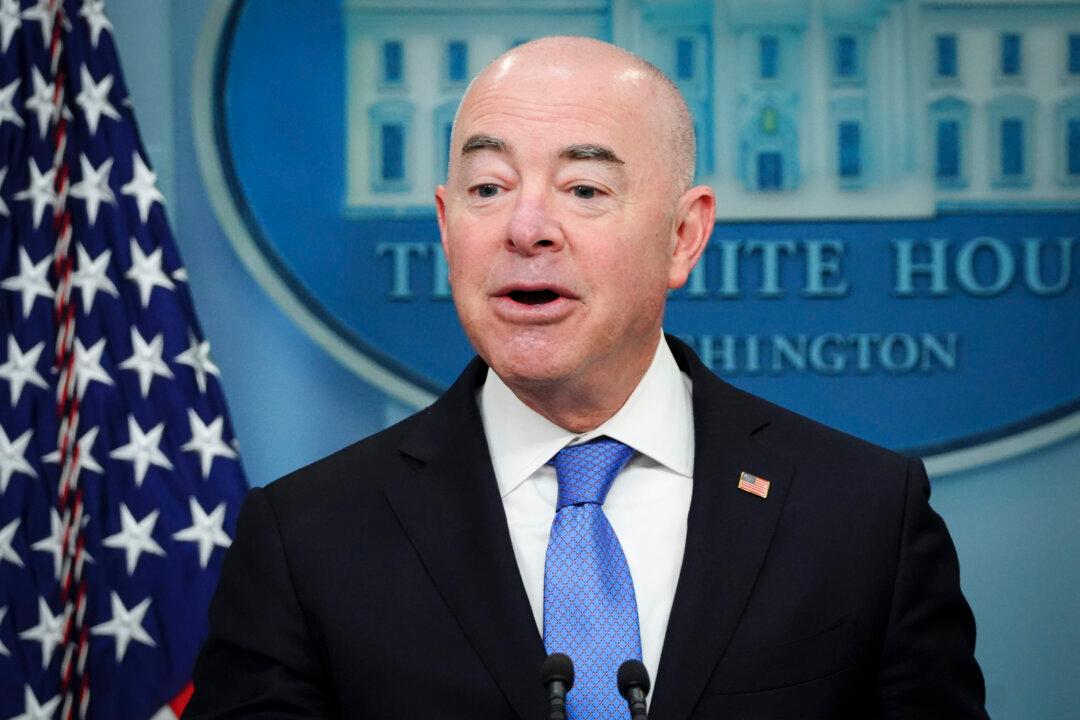Republicans on Aug. 21 subpoenaed Department of Homeland (DHS) Security Secretary Alejandro Mayorkas for details on the Cuba, Haiti, Nicaragua, and Venezuela (CHNV) parole program.
The program—in place since Jan. 6—allows 30,000 foreign nationals from Cuba, Haiti, Nicaragua, and Venezuela to be paroled into the interior each month.





